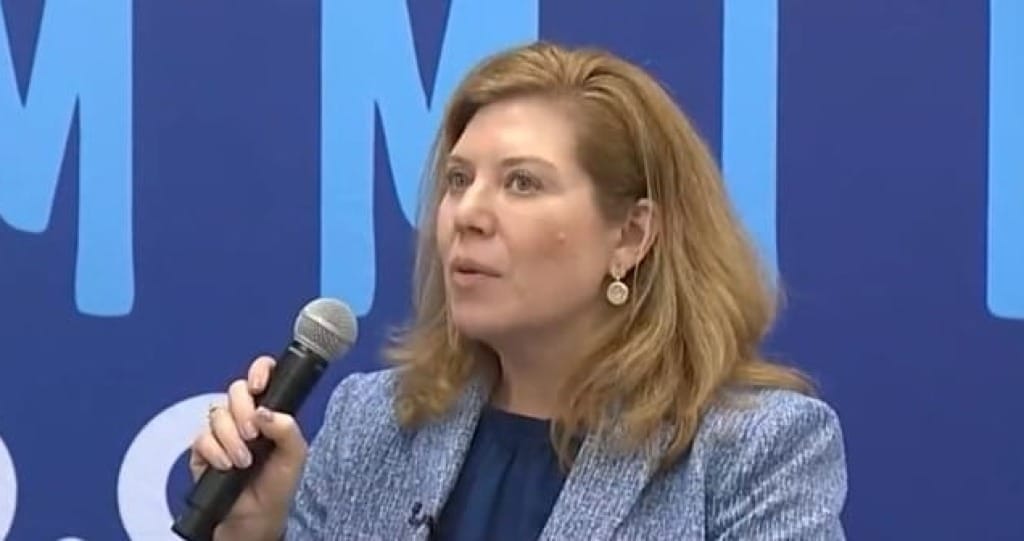INCOMPAS Views Broadband As A Highly Concentrated Arena
Trade group wants FCC to address ISP market concentration in a pending report to Congress
Jericho Casper

WASHINGTON, August 13, 2024 – The broadband market is often described as robustly competitive. But some have their doubts.
With the Federal Communications Commission preparing a biennial report to Congress assessing competition in communications, some industry stakeholders have voiced concern over the growing dominance of a few major players.
Last Thursday, representatives from INCOMPAS, the trade association for competitive communications companies, met with FCC officials to discuss the forthcoming 2024 Communications Marketplace Report. This report is intended to guide FCC policies that foster competition, innovation, and consumer choice in the industry.
During the meeting, INCOMPAS President Angie Kronenberg and Attorney Lindsay Stern emphasized the ongoing issue of high market concentration in the fixed broadband internet access service sector, urging the FCC to more closely examine the barriers that stifle competition.
In an August 12 filing at the FCC, INCOMPAS pointed out that the top four broadband providers—Comcast, Charter, AT&T, and Verizon—dominate nearly 80% of the fixed BIAS market, leaving most consumers with only one or two options for broadband service, especially at higher speed tiers.
INCOMPAS – which represents internet, streaming, communications and technology companies – urged the FCC to continue to refine its data analysis in the upcoming report, advocating for the use of detailed regression analyses similar to those used in the 2022 report, which incorporated confidential subscriber data to provide a more accurate view of consumer choice.
The organization also called an analysis of the impact on competition when a third provider enters a market. INCOMPAS suggested that the FCC could leverage existing subscriber data and conduct consumer surveys to better understand whether consumers were switching providers when new competition arises.
Additionally, INCOMPAS argued that the FCC should recognize that fixed and mobile broadband are separate markets, as these services serve distinct markets. Fixed broadband typically offers faster, more robust connections, while mobile broadband faces limitations and is not considered a direct substitute by most consumers, INCOMPAS said.









Member discussion